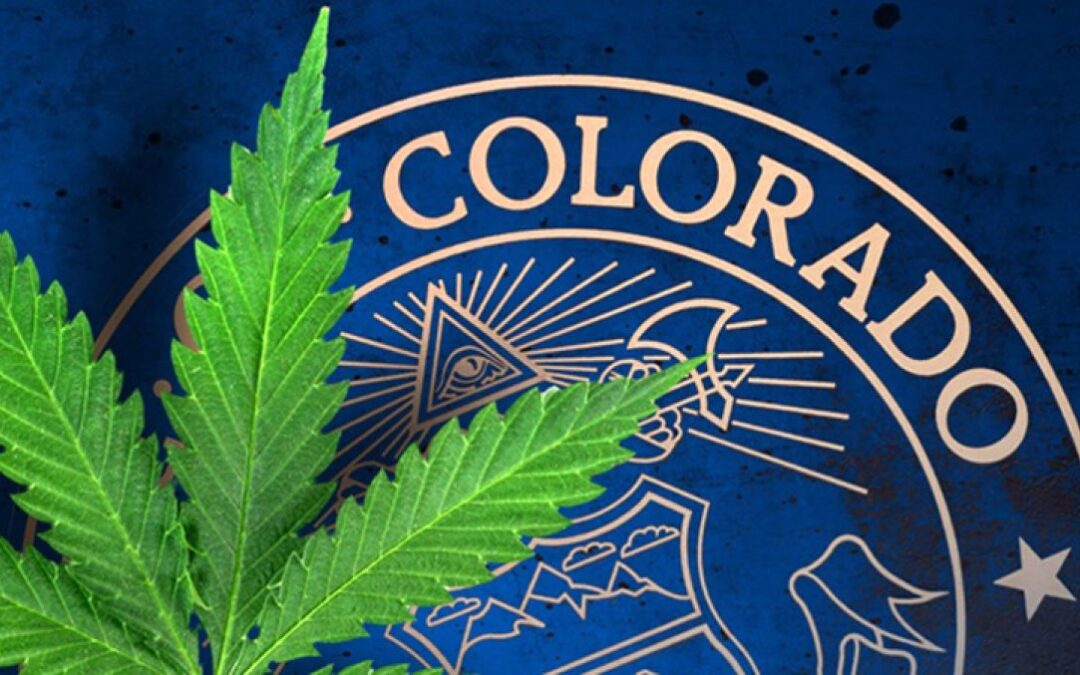The ongoing struggles of the oldest legal recreational marijuana market in the nation, Colorado, can be traced back to the successes of the cannabis legalization movement in other states, along with oversupply and market saturation, according to a report from the state legislature.
According to September’s Economic and Revenue Forecast from the Legislative Council Staff at the Colorado Capitol, state cannabis tax revenue “continues to decline, but at a slowing rate.”
“Weak demand for marijuana due to legalization in other states and market maturation has led to low prices and reduced consumption,” the report asserted.
“The decline in marijuana tax revenue is largely due to falling consumption after the surge during the COVID-19 pandemic alongside falling demand as other states across the country legalize marijuana,” the report stated.
“Additionally, an oversupply of marijuana has resulted in persistently low prices at both the wholesale and retail levels,” the report noted.
The market’s struggles have resulted in a 17% contraction year-over-year just among licensed growers, the report noted, and the number of registered medical marijuana patients “continues to decline significantly.”
The trend is not unique to Colorado, the report pointed out, but is a shared experience among nearly all states that had functional recreational marijuana markets during the COVID-19 pandemic.
“Prices for marijuana fell as pandemic-induced demand waned, marijuana tourism became less pronounced, and as the market matured,” the report stated. “Tax revenue from marijuana is falling across most states where recreational marijuana is legal due to declining demand after the pandemic, but states that legalized marijuana early – like Colorado, Washington, and Oregon – are seeing the biggest declines in sales.”
In addition, the Colorado market was already so saturated with eager cannabis businesses that the downward spiral actually began prior to the pandemic, the report found, in 2018.
“Colorado had started to experience this trend prior to the pandemic in 2018 and 2019, demonstrated by falling prices and excise tax revenue,” the report stated.
“At the start of the pandemic, wholesale prices increased by over 30% between January 2020 and January 2021 as pandemic-induced restrictions resulted in surging demand for marijuana products. Prices then fell by 63% in the two years following, reaching a low point in April of 2023. Prices started to rebound since then, but ticked down in the most recent quarter,” the report found.
Tax revenue – and overall cannabis sales – are expected to rebound next year, the report found, but “with slower growth rates than seen historically.”
Meanwhile, legal cannabis sales in Colorado have been historically bad for months, with most sales figures falling to their lowest levels since 2016 or 2017.
This story was published in Green Market Report

